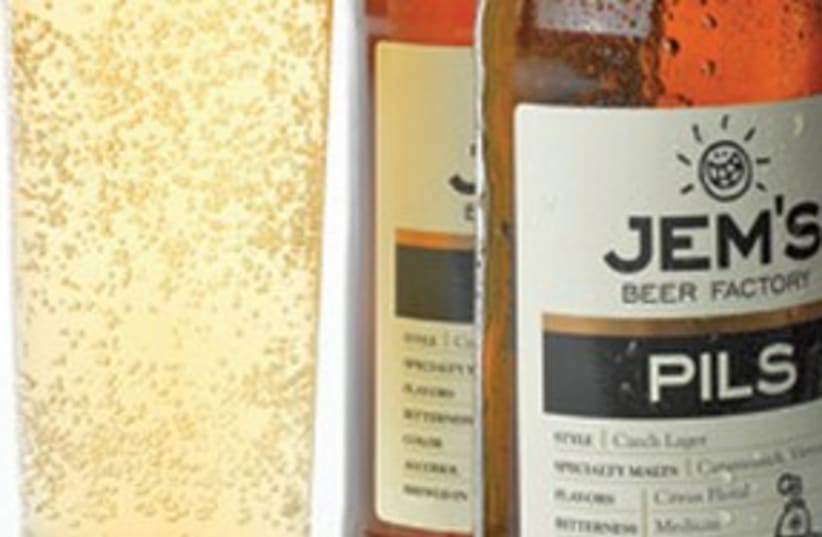Adam Montefiore works for Carmel Winery and regularly writes about wine both in Israeli and international publications. adam@carmelwines.co.il.
Wine Talk: Getting Better
In recent years, Israeli beer has become a vibrant industry, producing a beverage ideal for our climate.

Adam Montefiore works for Carmel Winery and regularly writes about wine both in Israeli and international publications. adam@carmelwines.co.il.